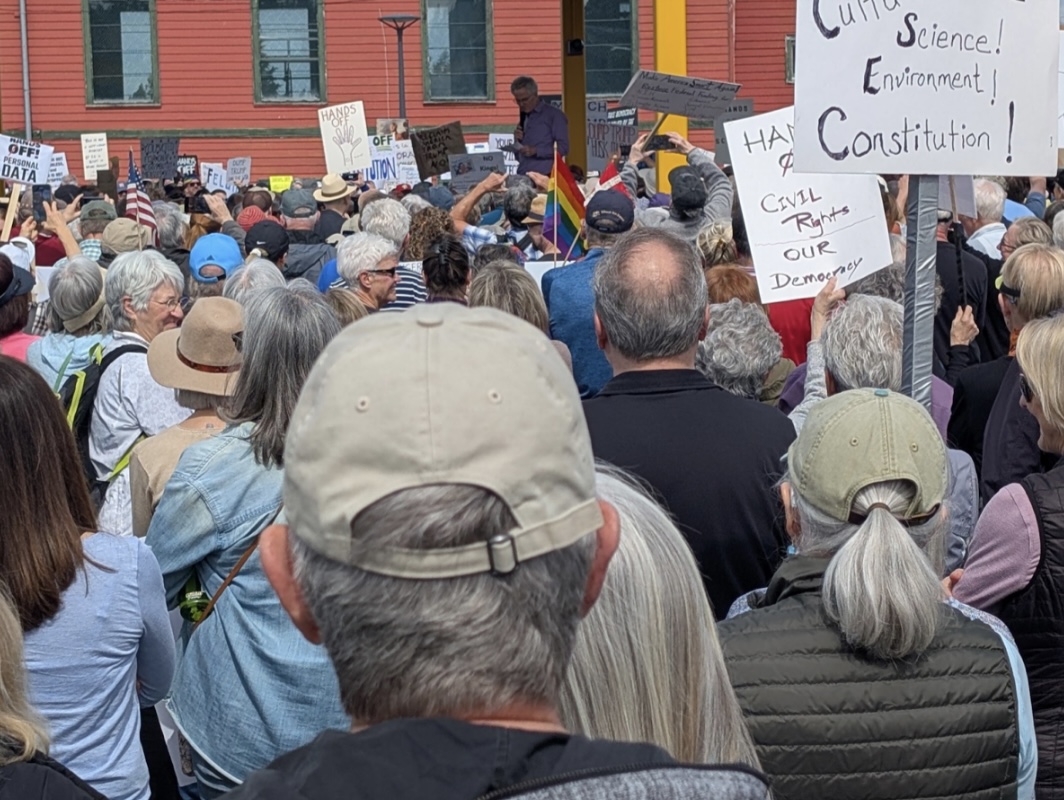PROTECTING WOMEN SHOULD BE A PRIORITY
It is estimated that one in five women will experience sexual assault or rape during their college years, according to the Center for Disease Control (CDC). While a much lower percentage of their population is affected compared to women, college-aged men also experience increased sexual assault and rape.
There is a serious problem of sexual abuse on campuses across the country, so much so that the CDC has special recommendations for prevention. They revolve around working to change attitudes and social norms in relation to gender roles, entitlement and power structures — including those institutionalized by colleges.
The Facts
The U.S. ranked tenth in a survey conducted by the Thomson Reuters Foundation (TRF), investigating the top ten most dangerous countries for women. This comes out every seven years and evaluates all 193 United Nations members on women’s issues. It was the only Western country to make the list in its most recent iteration.
Even worse, the U.S. ranked third for sexual violence — in a dead tie with Syria — and sixth for non-sexual violence.
Meanwhile, the Georgetown Institute for Peace and Security ranks the U.S. at 22 out of 153 countries (best to worst) in their Women, Peace and Security Index. While a better ranking than the TRF report, the U.S. is still the worse than countries like Luxembourg and only one ranking ahead of Estonia.
What Students Think
“I wish I could say that’s surprising,” said Petra Yohannes (a 19-year-old American SCC student) after hearing about the previous rankings.
Like most women in the U.S., Yohannes takes precautions, including covering herself more at night to avoid unwanted attention. “I also try not to come off as flirty because some guys will take that and think I am down for anything,” she said.
Women are so so accustomed to the daily etiquette of living in a constant state of normalized fear that many of these preventative actions are done out of thoughtless habit. Those who didn’t grow up in the U.S. may have different perspectives that could help open our eyes to see the situation here more clearly.
Julie Perry, an Indonesian student at SCC, is a former high school athlete who says she feels physically strong. She took Tae Kwon Do to help ease her parents’ worries about her safety in the U.S.
Still, that hasn’t been enough. “I don’t really feel safe, especially at night,” Perry said.
Perry said she keeps her phone on and calls a friend if she’s walking alone and scared. She knows that looking distracted can make her a target, but she likes the feeling of safety the call provides and knowing that “someone will know (that) something happened.”
Thai SCC student Mintra Thongduang said, “Sometimes I walk home alone at night, but it feels safer because I live next to the police station.”
“I feel safer than I thought I would (in Seattle),” said Eunmin Lee, an SCC student from South Korea. “I carry pepper spray and drive a car.”
Lee said she felt safer in South Korea because there are more guns in the U.S.
Some women get a gun believing they can use it to protect themselves. However, owning a gun significantly increases the risk of being murdered with it, according to the American College of Physicians.
Per her family’s request, Agnes Bawara, an SCC student from Togo, says she carries a small knife for protection. Bawara said she can’t wait to finish school and go home. “We don’t have … people going crazy and killing each other,” she said, referring to the daily news of shooters and violence in the U.S.
The latest Gallup Poll shows that nearly 50 percent of women in the U.S. don’t feel safe walking home at night regardless of where they live. This fear of the unknown after dark is somewhat baseless because random, violent crime isn’t all that common. That risk might be low because of the precautions women have already been taking.
Still, that caution isn’t usually directed at the people women are closest to, which is where the real danger lies.
Close To Home
Politifact reports that over 900 women are murdered by a spouse, a boyfriend or an ex-boyfriend every year in the U.S. The latest report by the nonprofit Violence Policy Center reports that this trend has actually gone up 11 percent as of 2016, which is the most current data available. However, there are discrepancies in reporting because the FBI does not consider an “ex-boyfriend/girlfriend” as an intimate partner while the CDC does consider it one.
During 2015, 1,604 American women were killed by someone they knew, while only 116 were killed by a stranger, according to the New York Times article “Women’s Lives Cut Short.”Domestic violence is an epidemic where one in four American women have suffered physical or sexual abuse by an intimate partner. The U.S. has the highest rate of domestic abuse out all of the high-income countries, according to the World Health Organization.
High-income countries such as the Germany, Norway and Canada all see far lower rates of domestic violence than the U.S. does.
Jurisprudence
We have laws: violence against women is a crime. But it is debatable whether these laws are actually enforced.
In January 2015, the country witnessed this when Brock Turner, a Stanford University student on a swimming scholarship, was found guilty of three felony counts of sexual assault after being caught in the act of raping an unconscious woman in California. Turner was sentenced to six months in jail, but was released after only three months.
Adding to the debate of women’s rights is the expiration of the Violence Against Women Act (VAWA), which after being delayed twice was allowed to expire during the government shutdown. The VAWA is now on a partial and temporary budget approval, but it’s future remains unclear.
The VAWA was signed into law with bipartisan support in 1994. The act provides funding to investigate and prosecute crimes against women, as well as fund the Office on Violence Against Women, which is part of the Department of Justice.
When even bipartisan legislation like the VAWA faces serious opposition and delay with the added threat of non-renewal, it gives the appearance that justice and equality for women remain up for debate.
“I don’t think the laws in the U.S. are respected. I don’t think women are respected,” Bawara said. “And it’s getting worse and worse.”







